Reposted by: Dimiter Toshkov, Paolo Graziano
Read our article, together w/ @dtoshkov.bsky.social and Brendan Carroll, on the perceived legitimacy of region-specific crisis interventions in Germany and the Netherlands, here ➡️ doi.org/10.1111/gove...
Short summary of our main findings ⬇️

Reposted by: Dimiter Toshkov
Are you a PhD student doing research on 🇪🇺 European integration? Do you need financial support for your fieldwork?
If yes, apply to the new edition of the SGEU Future Grants.
Deadline is 30 September 2025. Details here:
ecpr.eu/news/news/de...

by Miroslav Nemčok — Reposted by: Dimiter Toshkov, Chris Hanretty, Stuart J. Turnbull‐Dugarte
Miroslav Nemčok and coauthors show that voters shift their views to match their party, even when that means supporting painful welfare cuts.
Out now in POQ: doi.org/10.1093/poq/...
@miroslavnemcok.bsky.social @hannawass.bsky.social
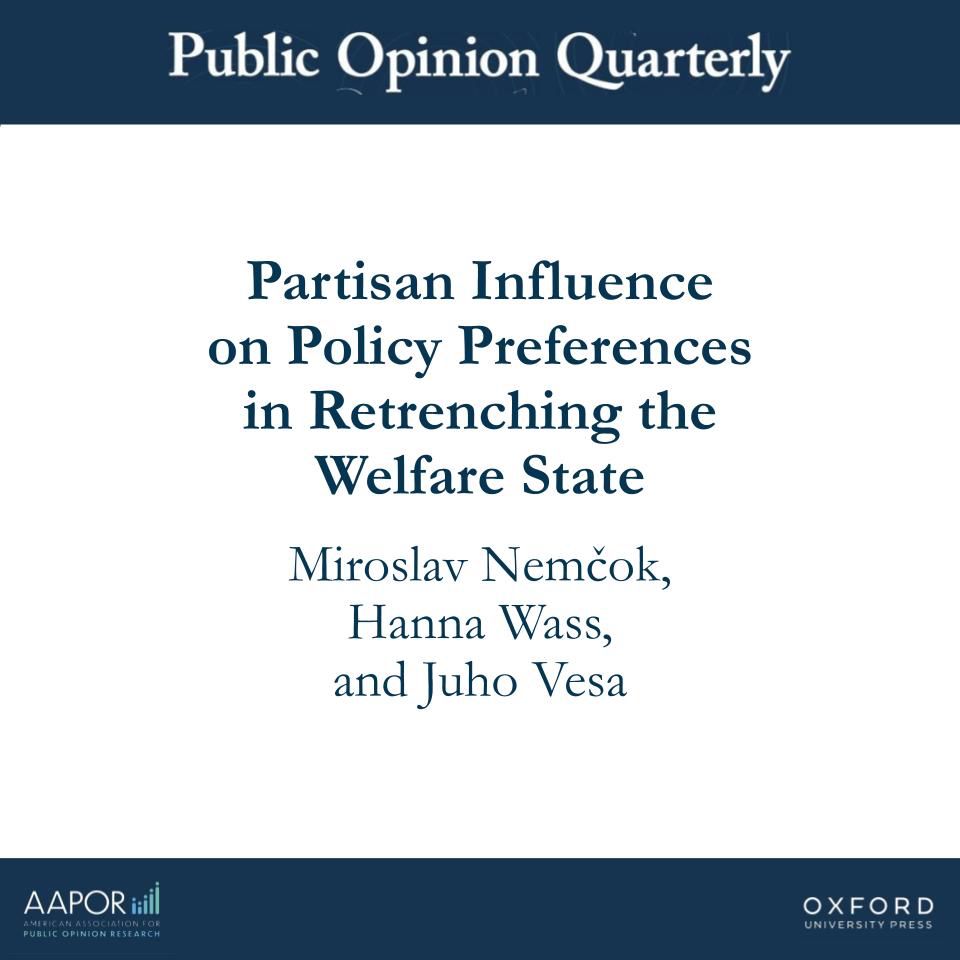
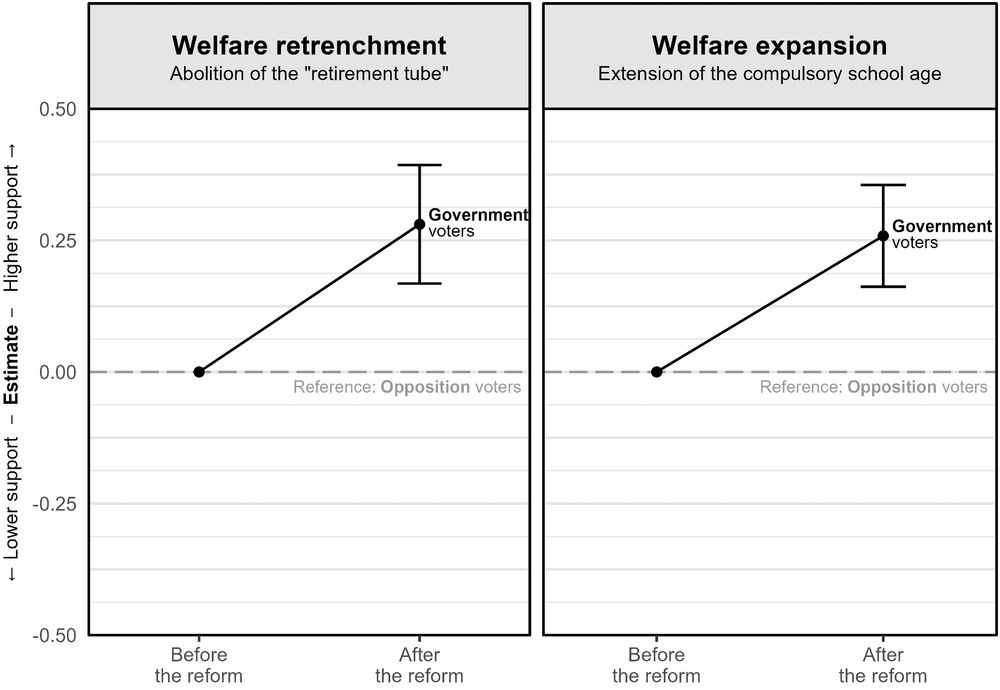
These are the first results from our new survey of the population of South Holland, with @larsbrummel.bsky.social
Stay tuned for more insights on policy polarization in NL.

shorturl.at/svcZp
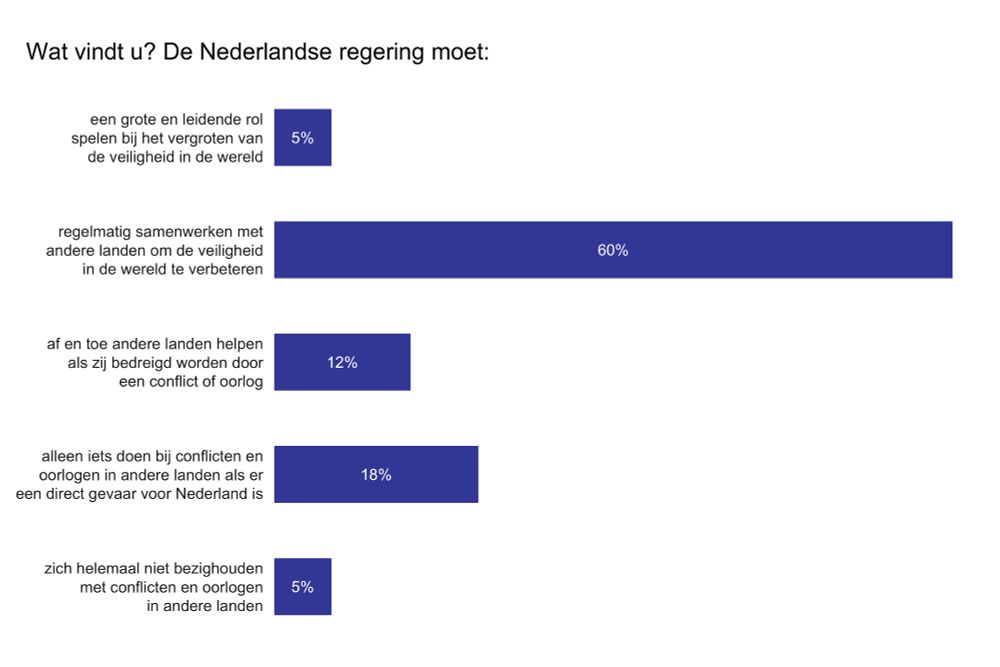
"say no more"
I may be biased, but would 100% recommend applying. We are a warm, collegial, ambitious department.
werkenbij.uva.nl/en/vacancies...

Reposted by: Dimiter Toshkov, Gary Hollibaugh
Quick explainer on why the Supreme Court (likely) decision to overturn Humphrey's Executor and move toward unitary executive theory will undermine any future efforts to rebuild state capacity.
donmoynihan.substack.com/p/why-the-su...

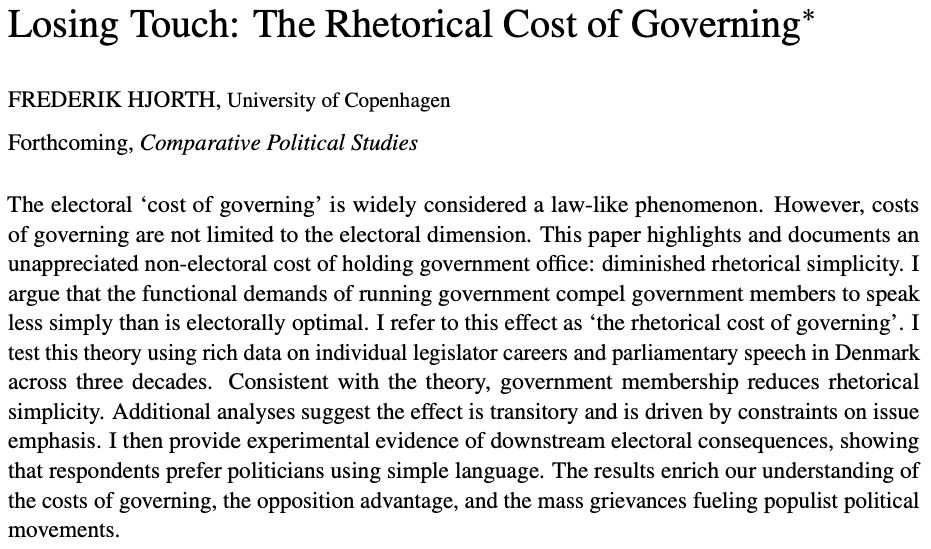
the bigger goal should be to introduce more accountability in the review process for everyone involved: reviewers, editors & authors
Reposted by: Dimiter Toshkov
A few articles we discussed:
Happy leaRning!
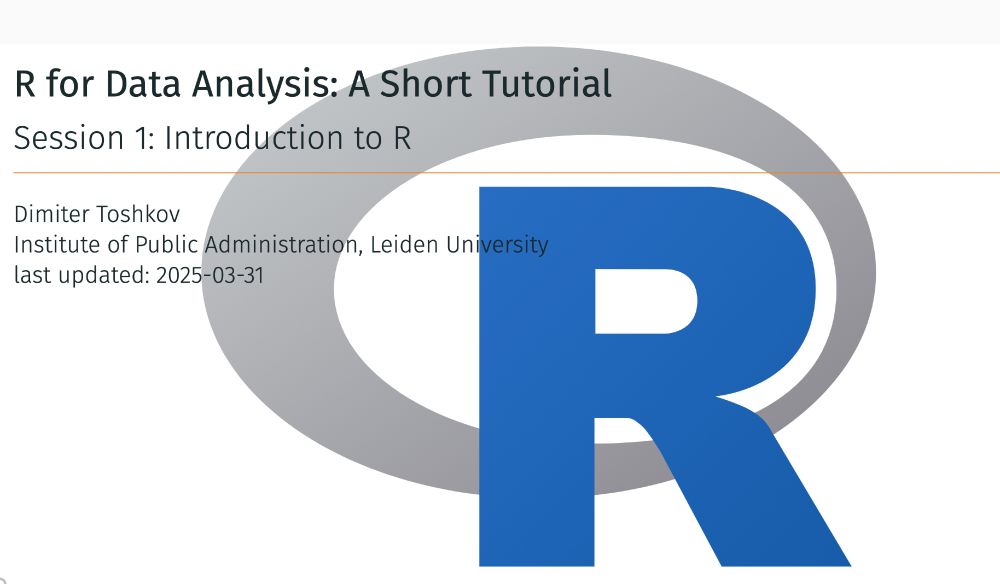
But they mostly 'worked' during the first year of the pandemic.
There is significant variation not only over time, but across provinces as well.

- Restrictive policies reduced mobility *in addition* to the direct reactions of citizens to information about the course of the pandemic
- Changes in mobility do not completely *mediate* the effect of the policies
But the strength of the effects of the restrictive measures declined over time, with successive COVID-19 waves and the rollout of vaccination.

In a new paper, we evaluate the effect of the policy measures on mortality in The Netherlands for the period 2020-2022.
What do we find?
www.medrxiv.org/content/10.1...

